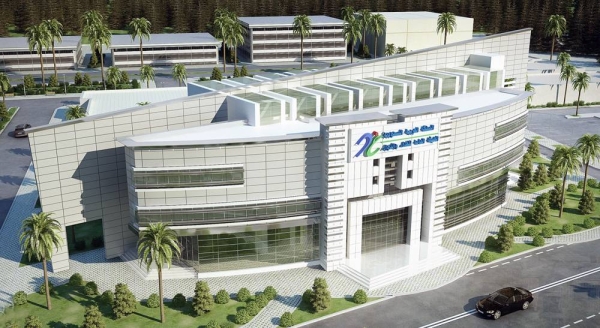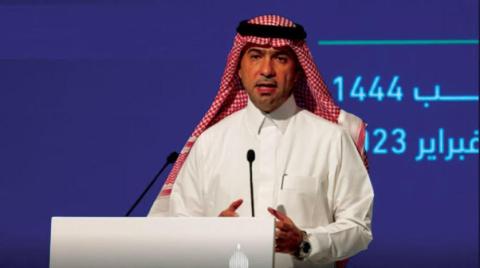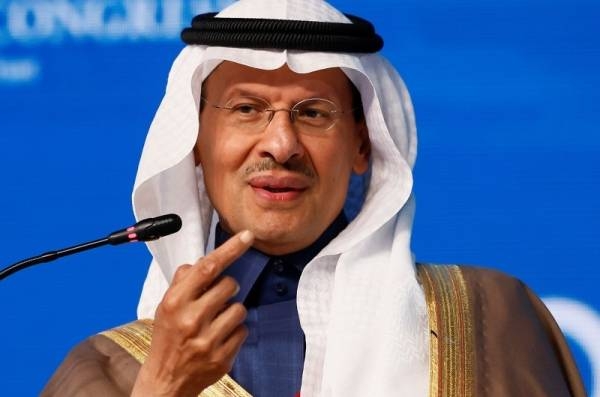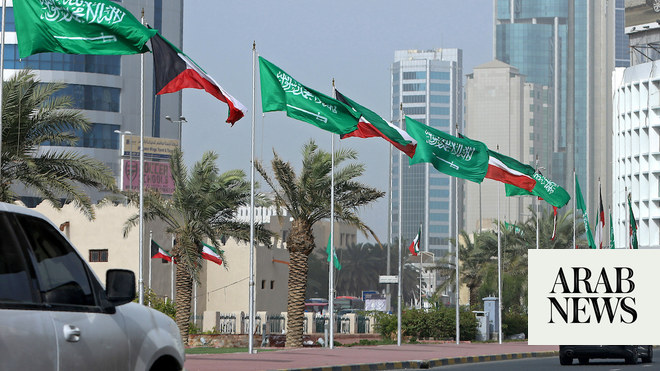
King Abdullah Petroleum Studies and Research Center (KAPSARC) stressed that energy efficiency and structural reforms will lead to increased energy production in the Kingdom.
Adjusting energy prices and determining their productivity will also achieve the desired economic feasibility, the center said, pointing out that high electricity prices reduce demand and consumption of natural gas.
It called, through four relevant studies, for strengthening partnership with local stakeholders to implement energy productivity as a framework to contribute to achieving the Saudi Vision 2030 and promoting international understanding and cooperation on energy efficiency policies, economic upgrading and structural reform.
Studies have predicted that the desired structural reforms in the Kingdom will lead to the development of high-value manufacturing industries, the strengthening of local supply chains, as well as the maintenance of competitiveness through energy efficiency.
Vice President of Research at KAPSARC David Hobbs pointed in a study entitled "The Effects of Fuel Price Modification on Demand and Social Wellbeing in the Kingdom," to a significant shortage of public transport systems within cities.
"In terms of supply or display, Saudi Arabia has invested heavily in refining operations over the past decades in the mechanical, electrical and sanitary sectors, but the local supply of gasoline has not been met," Hobbs said.
According to Hobbs, the increase in the price of gasoline on December 29, 2015 led to an annual increase in the total surplus while annual social welfare gains were estimated at between one billion riyals ($ 266.6 million) and two billion riyals ($ 533.3 million).
In this context, Visiting Researcher at Saudi Aramco Ibrahim al-Gunaibet suggested in his study, entitled "Impact of Domestic Fuel Price Reforms on the use of Public Transport in Saudi Arabia", that raising domestic fuel prices and diversifying public transport in the future makes predicting the consumers’ decision one of the biggest challenges facing decision-makers in the Kingdom.
His study aimed at developing a mathematical model for predicting consumer decisions based on several factors to study the impact of high fuel prices on the expected demand on private and public transportation, fuel consumption, household budgets consumed in different regions of the Kingdom and fuel sales, both inside and outside the Kingdom.












